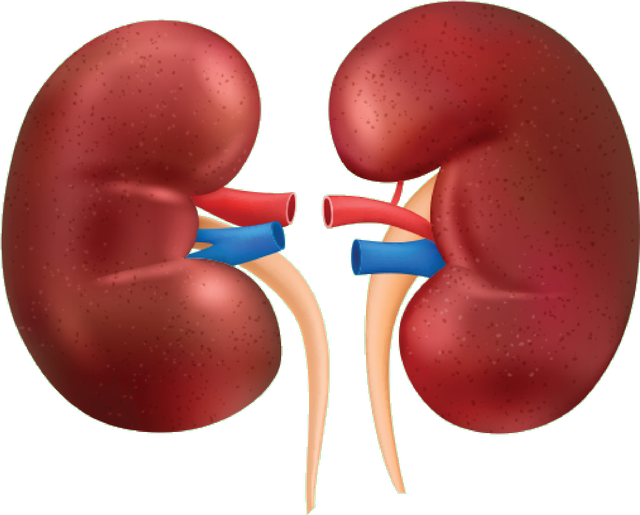New
New
Year 11
OCR
Foundation
Controlling water balance: the kidneys, and nephron structure
I can describe the role of the kidneys in filtering the blood to control the water balance of the human body, and the structure of a nephron.
New
New
Year 11
OCR
Foundation
Controlling water balance: the kidneys, and nephron structure
I can describe the role of the kidneys in filtering the blood to control the water balance of the human body, and the structure of a nephron.
These resources will be removed by end of Summer Term 2025.
Switch to our new teaching resources now - designed by teachers and leading subject experts, and tested in classrooms.
Lesson details
Exit quiz
Download exit quiz
6 Questions
Q1 Macrovector/Shutterstock






